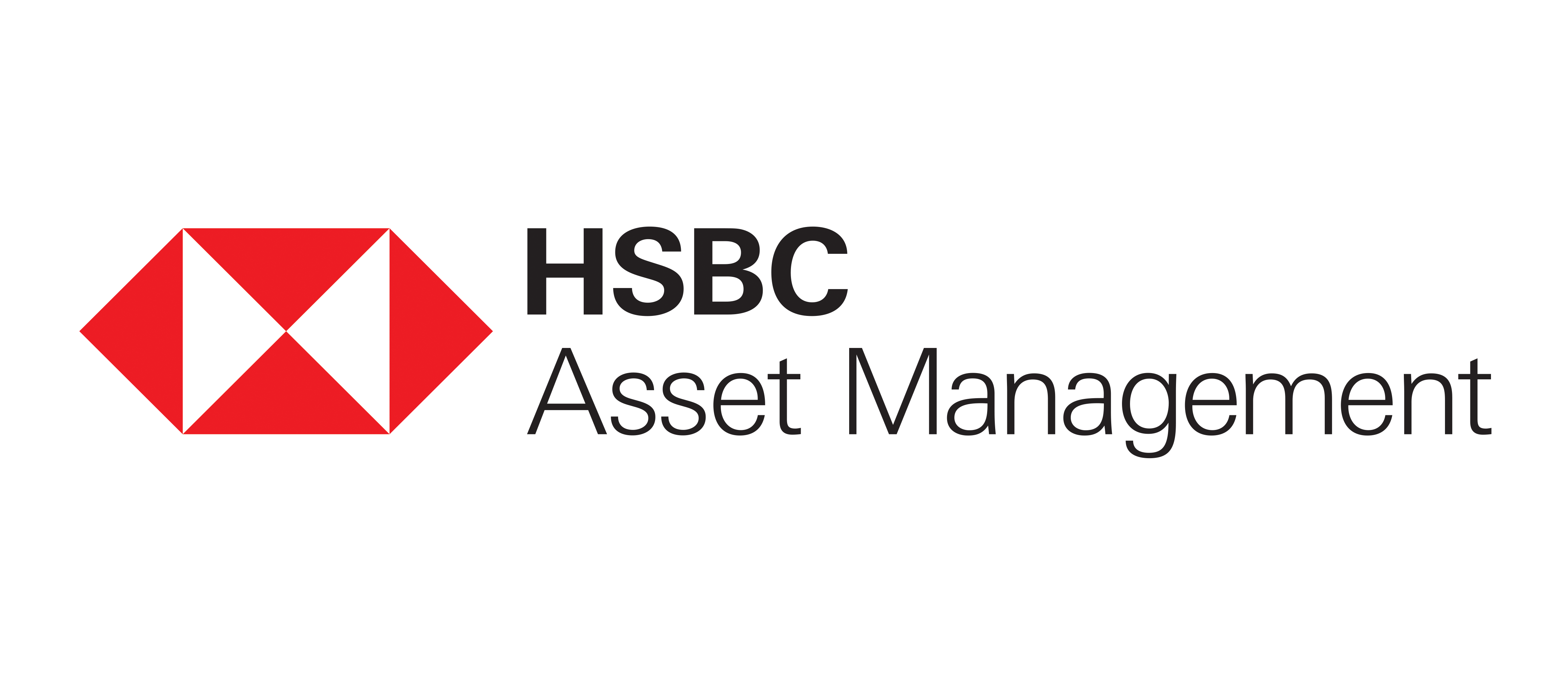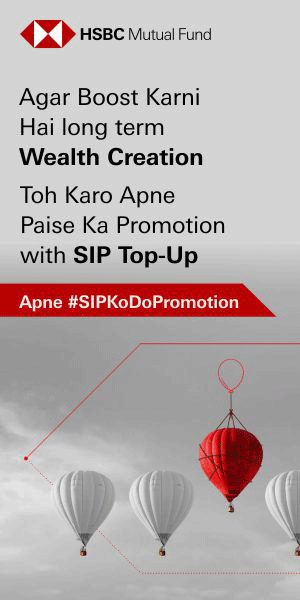6 reasons to invest in ELSS now

What is Tax Planning?
Financial planning to efficiently pay taxes conforming to the existing tax laws and rules, but at the same time taking advantage of the deductions and exemptions allowed by the government to reduce the tax burden is called tax planning.
Advantages of tax planning
- Reducing tax liabilities: By utilizing the various benefits allowed by the Income Tax Act 1961, a taxpayer can reduce the burden of taxes and utilize the funds so saved, in planning for future needs.
- Avoiding penalties and interest: Tax payers may have to incur penalties or interest if they are unable to pay their tax liabilities before the last date for filing of income tax returns.
- Wealth creation: By proper allocation of the investment portfolio towards tax-saving instruments, an investor can create wealth over long investment horizons. Different tax savings investment options have different risk / return characteristics.
- Liquidity: Liquidity should be an important consideration in making investment decisions. Some tax savings schemes are much less liquid compared to other tax savings schemes. By factoring in your future liquidity needs, you can make informed investment decisions.
- Make tax efficient investment decisions: Different tax savings schemes have different tax implications. Through judicious tax planning you can make tax efficient investment decisions.
How to plan for tax?
As per the old tax regime, Equity Linked Saving Schemes (ELSS) with a lock-in period of 3 years, are instruments that can qualify for a tax deduction for individuals and HUF. Section 80C of the Income Tax Act offers a tax deduction for up to Rs 1,50,000, of gross total income for the fiscal year, through investments in Equity Linked Saving Schemes (ELSS). This can amount to a total savings of Rs 46,800, assuming that the assessee falls in the highest tax bracket and pays @30% plus the 4% education cess. It is pertinent to note that ELSS has the dual benefit of providing potential for wealth creation as well as tax saving under Section 80C.
Which is the best time to start tax planning?
The best time to start planning for your taxes is at the beginning of the financial year. Investors often wait till 31st March, the last date of the financial year, to quickly invest a lump sum into ELSS and claim the deduction under Section 80C. This is a wrong approach for several reasons as enumerated below:
- Starting the tax planning process at the beginning of the financial year helps to align the investments with your financial goals and also plan for all the deductions available as per income tax laws, to get the maximum tax saving.
- Investment in tax planning instruments should not be for tax saving alone. The investments can help us with wealth creation to realize our long-term goals. So, the later you start investing in ELSS, the longer it will take for you to build up the corpus that is required for the long-term goals.
You may also to read why tax planning with mutual fund ELSS is a good option? - Delaying the investment in tax-saving instruments till the last moment places a heavier crunch on the salary than if you were to start investing from April onwards. Assuming that you are in the highest tax bracket, you would need to invest Rs 12500/- in ELSS SIP per month to reach the permissible deduction of 1.5 lakhs by the end of the financial year This could actually at times prevent you from being able to claim the deduction as you may have other pressing expenses.
- Many companies have their internal deadlines of submitting tax saving investment proofs well before the 31st March timeline. If you wait till the last minute, you may see a large TDS deduction in your pay slip in February or March,
- Planning for tax at the last minute could also lead to hurried and miscalculated or erroneous decisions that may make you lose out on the benefits allowed under Section 80C.
- When you do your tax planning well in advance you have more time to choose the suitable tax savings investment option based on your investment needs and risk appetite. If you are investing in ELSS, you should take your time to check the track record of the fund and the fund manager over different investment periods. You should select a fund that has outperformed its benchmark index over long investment tenures.
Consult with your financial advisor or mutual fund distributor if you need any help and start your tax planning journey well in advance before the March end madness.
An Investor Education & Awareness Initiative by HSBC Mutual Fund
Visit https://grp.hsbc/KYC w.r.t. one-time Know Your Customer (KYC) process, complaints redressal process including SEBI SCORES (https://www.scores.gov.in). Investors should only deal with Registered Mutual Funds, to be verified on SEBI website under Intermediaries/Market Infrastructure Institutions (https://www.sebi.gov.in/intermediaries.html). Investors may refer to the section on ‘Investor Education’ on the website of HSBC Mutual Fund for the details on all ‘Investor Education and Awareness Initiatives’ undertaken by HSBC Mutual Fund.
This document is intended only for distribution in Indian jurisdiction. Neither this document nor the units of HSBC Mutual Fund have been registered under Securities law/Regulations in any foreign jurisdiction. The distribution of this document in certain jurisdictions may be unlawful or restricted or totally prohibited and accordingly, persons who come into possession of this document are required to inform themselves about, and to observe, any such restrictions. If any person chooses to access this document from a jurisdiction other than India, then such person do so at his/her own risk and HSBC and its group companies will not be liable for any breach of local law or regulation that such person commits as a result of doing so.
Investors should consult their tax consultant if in doubt about whether the product is suitable for them.
Issued as an investor education initiative by HSBC Mutual Fund.
Mutual Fund Investments are subject to market risk, read all scheme related documents carefully.
CL 770
We are a global asset manager with a strong heritage of successfully connecting our clients to global investment opportunities.
Our proven expertise in connecting the developed and developing world allows us to unlock sustainable investment opportunities for investors in all regions. Through a long-term commitment to our clients and a structured and disciplined investment approach, we deliver solutions to support their financial ambitions.
Other Links
POST A QUERY





